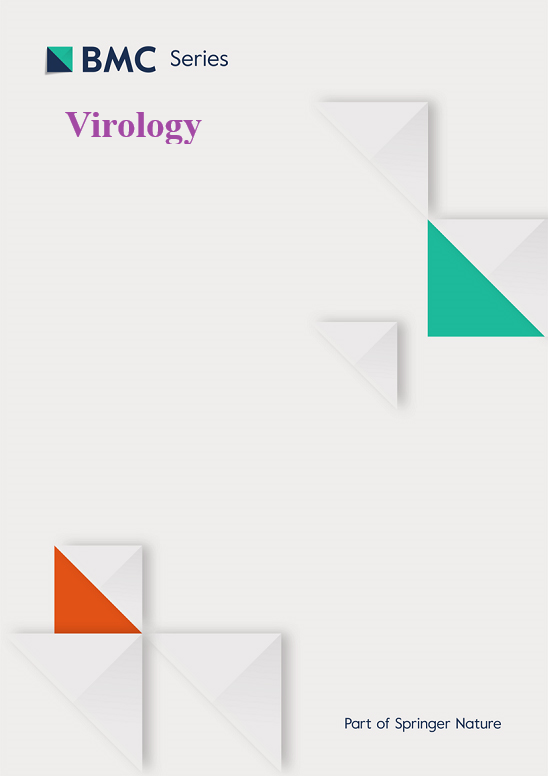果蝇-寨卡病毒相互作用:解剖宿主免疫和黄病毒感染病理
IF 2.4
3区 医学
Q3 VIROLOGY
引用次数: 0
摘要
黄病毒疫情最近在世界许多地区有所扩大,这些地区的感染与严重疾病有关。由黄病毒引起的严重疾病的出现引起了重大的公共卫生关注。虽然关于这些疾病谱系的许多重要问题仍未得到解答,但目前迫切需要阐明发生在宿主体内的诱导病理缺陷和导致这些异常的分子信号通路。了解宿主-黄病毒相互作用的遗传基础需要使用模式生物来促进黄病毒发病机制的鉴定和表征及其对宿主基本生物过程的影响,如免疫、代谢和发育。在这里,我们回顾了利用普通果蝇黑腹果蝇作为模型宿主的能力的最新进展,以实验方式解决zikv感染动物的复杂发病机制,并在生物体水平上提供所涉及的复杂相互作用的综合观点。来自果蝇-寨卡病毒感染模型的发现有助于更好地了解破坏宿主体内平衡的特定病毒分子成分。这些知识对于破译宿主- zikv基因对基因的关系至关重要,这将为黄病毒的发病机制和宿主病理生理提供前所未有的见解。本文章由计算机程序翻译,如有差异,请以英文原文为准。
Drosophila-Zika virus interactions: Dissecting host immunity and pathology against flavivirus infection
Flavivirus outbreaks have been recently expanded in many parts of the world where infections are associated with severe disorders. The emergence of severe diseases caused by flaviviruses has raised significant public health concerns. While many important questions regarding the spectrum of these diseases remain unanswered, there is current urgency to elucidate the induced pathological defects that occur in the host and the molecular signaling pathways that lead to these abnormalities. Understanding the genetic basis of host-flavivirus interactions requires the use of model organisms that facilitate the identification and characterization of flavivirus pathogenesis and its effects on host fundamental biological processes, such as immunity, metabolism, and development. Here, we review the recent progress on exploiting the power of the common fruit fly Drosophila melanogaster as a model host to address experimentally the complex mechanisms of pathogenesis in ZIKV-infected animals and to provide an integrative view, at the organismal level, of the complex interactions involved. Findings from the Drosophila-ZIKV infection model have contributed toward a better appreciation of the specific viral molecular components which are responsible for undermining host homeostasis. This knowledge is essential for deciphering host-ZIKV gene-for-gene relationship which will provide an unprecedented insight into flavivirus pathogenesis and host pathophysiology.
求助全文
通过发布文献求助,成功后即可免费获取论文全文。
去求助
来源期刊

Virology
医学-病毒学
CiteScore
6.00
自引率
0.00%
发文量
157
审稿时长
50 days
期刊介绍:
Launched in 1955, Virology is a broad and inclusive journal that welcomes submissions on all aspects of virology including plant, animal, microbial and human viruses. The journal publishes basic research as well as pre-clinical and clinical studies of vaccines, anti-viral drugs and their development, anti-viral therapies, and computational studies of virus infections. Any submission that is of broad interest to the community of virologists/vaccinologists and reporting scientifically accurate and valuable research will be considered for publication, including negative findings and multidisciplinary work.Virology is open to reviews, research manuscripts, short communication, registered reports as well as follow-up manuscripts.
 求助内容:
求助内容: 应助结果提醒方式:
应助结果提醒方式:


